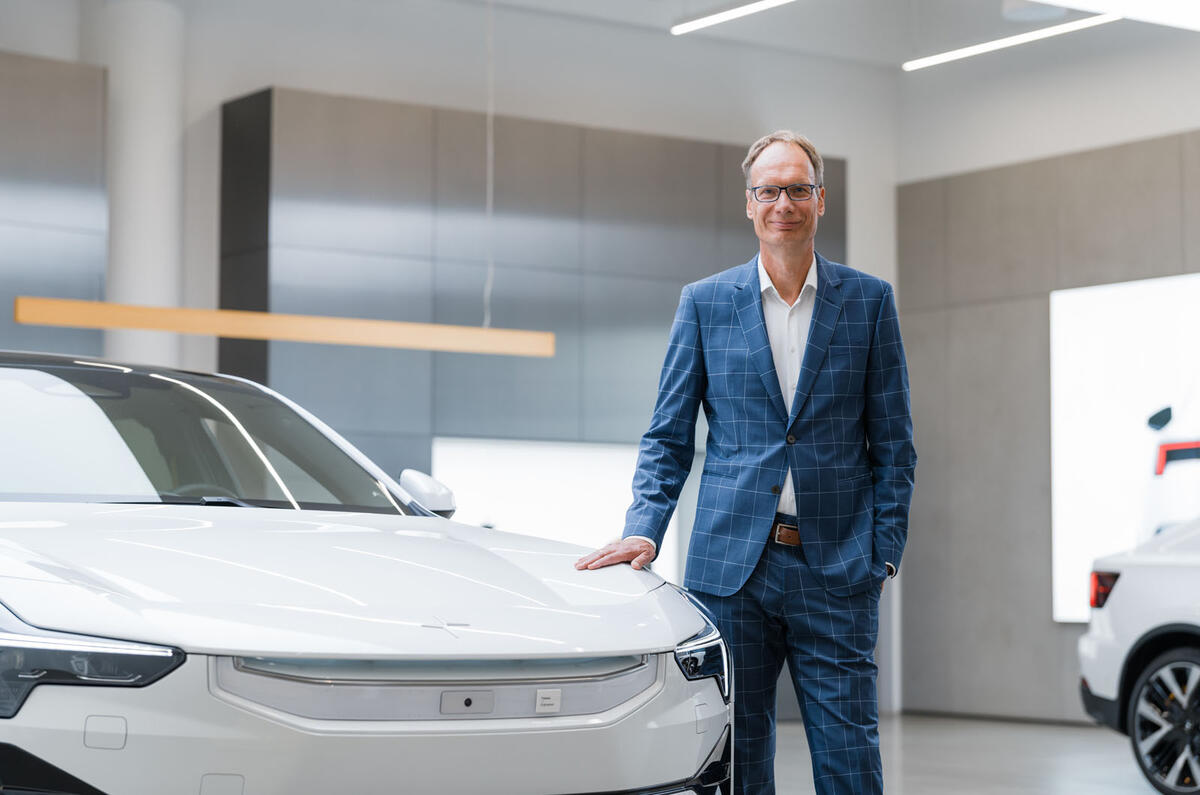There is a “renaissance of retailers” happening in the industry according to the boss of Polestar, who credits the firm’s recent increase in sales with having more physical retailers and people selling its cars.
Polestar started as an online-only brand with limited physical presence but CEO Michael Lohscheller, who took the top job last October, is overseeing a roll out of a physical retail network that is doing “active selling”.




Add your comment